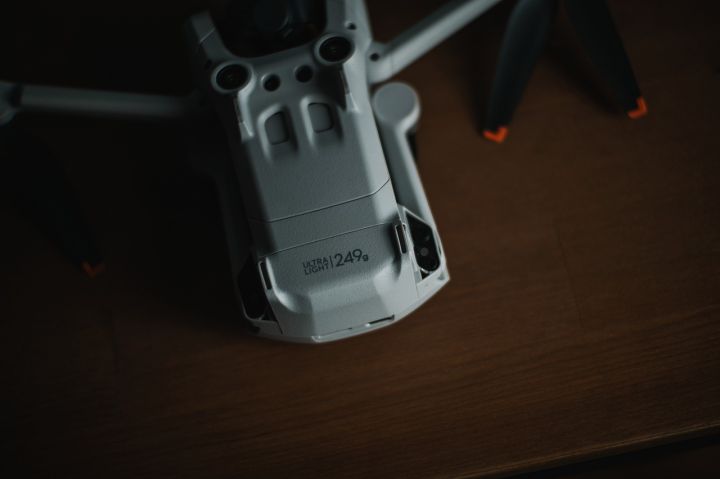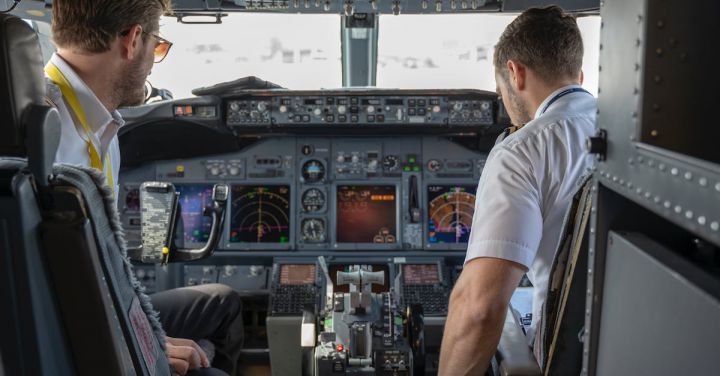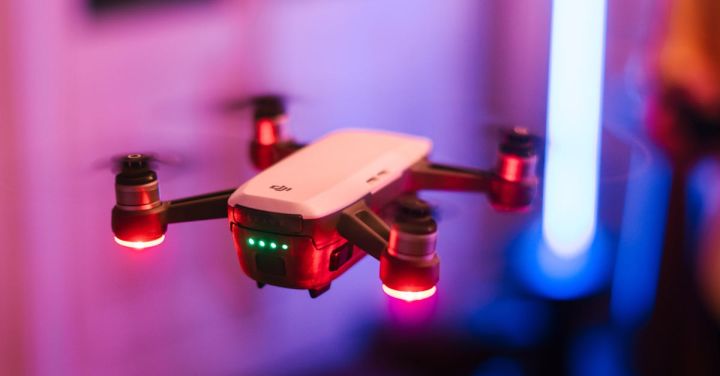What Are the Benefits of Using a Flight Simulator for Training?
Flight simulators have revolutionized the way pilots are trained, providing a safe and cost-effective alternative to traditional training methods. These advanced training tools offer a realistic simulation of real-world flying conditions, allowing pilots to develop and refine their skills in a controlled environment. In this article, we will explore the numerous benefits of using a flight simulator for training.
Improved Safety
One of the most significant benefits of using a flight simulator for training is the improved safety it offers. Unlike real aircraft, simulators provide a risk-free environment where pilots can practice emergency procedures and handle challenging situations without endangering themselves or others. This allows pilots to develop their decision-making skills and response times in a controlled setting, ultimately enhancing their ability to handle real-world emergencies safely.
Realistic Scenarios
Flight simulators are designed to replicate real-world flying conditions with astonishing accuracy. From weather conditions to air traffic control communications, simulators provide pilots with a highly realistic experience. This realism enables pilots to practice various scenarios, such as extreme weather conditions, engine failures, and system malfunctions, which are difficult or impossible to recreate in a real aircraft. By training in these realistic scenarios, pilots can build confidence and develop the necessary skills to handle unexpected challenges in the air.
Cost-Effectiveness
Traditional flight training can be prohibitively expensive, especially for aspiring pilots with limited financial resources. Flight simulators offer a cost-effective alternative, significantly reducing the expenses associated with pilot training. Simulators eliminate the need for fuel, maintenance, and other operational costs associated with real aircraft. Additionally, simulators can be used to practice specific maneuvers repeatedly, allowing pilots to refine their skills without incurring additional costs. This makes flight simulators an attractive option for both aspiring and experienced pilots seeking to enhance their abilities.
Repetitive Training
Repetitive training is crucial for pilots to develop muscle memory and improve their overall performance. Flight simulators allow pilots to practice maneuvers repeatedly, allowing them to refine their techniques and build muscle memory. By repeating specific maneuvers, pilots can develop a greater level of accuracy and precision in their flying abilities. This repetitive training is especially beneficial for complex maneuvers, such as instrument approaches and landings, where precise execution is crucial.
Flexibility and Accessibility
Flight simulators offer unparalleled flexibility and accessibility for pilot training. Unlike real aircraft, simulators can be used anytime and anywhere, as long as there is access to a computer and the necessary software. This allows pilots to train at their own convenience, regardless of weather conditions or location. Additionally, simulators can be customized to replicate specific aircraft models, allowing pilots to familiarize themselves with different cockpit layouts and instrument panels. This flexibility and accessibility make flight simulators an invaluable tool for pilots of all experience levels.
Conclusion
Flight simulators have become an essential component of pilot training, offering numerous benefits that enhance safety, realism, cost-effectiveness, and accessibility. These advanced training tools provide a safe and controlled environment for pilots to develop and refine their skills, enabling them to handle real-world flying conditions with confidence. As the aviation industry continues to evolve, flight simulators will undoubtedly play an increasingly vital role in training future generations of pilots.







